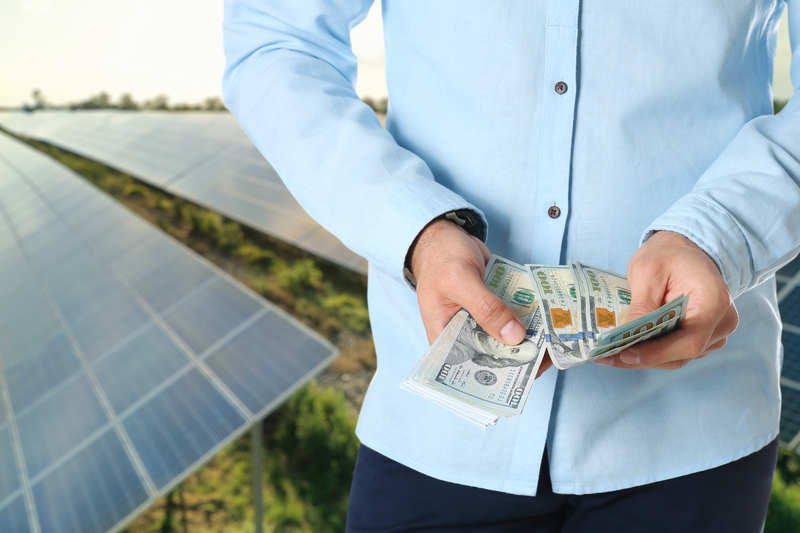Solar panels have gained immense popularity in recent years, and for good reason. They offer a sustainable and cost-effective way to generate electricity while reducing your carbon footprint. If you’ve already invested in solar panels or are considering doing so, you’re likely interested in maximizing your return on investment (ROI). In this comprehensive guide, we’ll explore various strategies to help you make the most of your solar panel investment.
Understanding Solar Panel ROI
Before we delve into the strategies, let’s clarify what we mean by “solar panel ROI.” Return on investment refers to the financial benefits you gain from your solar panel system compared to the initial cost of installation. A higher ROI means you’re saving more on your energy bills and potentially even earning money by selling excess energy back to the grid.
Strategies to Maximize Your Solar Panel ROI
1. Energy Efficiency Upgrades
Boost your ROI by making your home more energy-efficient. Insulate your home, seal any drafts, and upgrade to energy-efficient appliances. The less energy you consume, the more you can export back to the grid or save for future use.
2. Regular Maintenance
Maintaining your solar panels is crucial. Regular cleaning, inspection, and maintenance ensure they operate at peak efficiency. Clean panels absorb more sunlight, which translates to higher energy production.
3. Time-of-Use Plans
Explore time-of-use electricity plans offered by your utility company. These plans charge different rates for electricity depending on the time of day. Shift energy-intensive tasks to off-peak hours to save on electricity costs.
4. Net Metering
Many regions offer net metering programs. With net metering, any excess electricity your solar panels generate is sent back to the grid, and you receive credits on your electricity bill. This can significantly enhance your ROI.
5. Battery Storage
Investing in a solar battery storage system allows you to store excess energy generated during the day for use during the night or on cloudy days. This reduces your reliance on the grid and increases your savings.
6. Government Incentives
Check for local and federal incentives and rebates for solar panel installations. These can offset the initial cost and improve your ROI.
7. Educate Yourself
Stay informed about the latest developments in solar technology and energy-saving practices. Knowledge is power, and it can lead to smarter decisions regarding your solar investment.
Calculate Your Savings
Ready to see how much you can save with solar? Visit our website at www.alphasolarsa.com and use our solar calculator. Simply input your location, energy consumption, and other relevant details to get an estimate of your potential savings. It’s a valuable tool to help you make an informed decision about your solar journey.
Frequently Asked Questions
Q1: What is the typical payback period for a solar panel system? A1: Payback periods vary depending on factors like location, energy consumption, and government incentives. On average, it can range from 5 to 10 years.
Q2: Are there any maintenance costs associated with solar panels? A2: While solar panels are relatively low-maintenance, occasional cleaning and inspections may be needed. These costs are minimal compared to the long-term savings.
Q3: Can I sell excess energy back to the grid? A3: Many regions offer net metering programs that allow you to sell excess energy back to the grid, earning you credits on your electricity bill.
Q4: Are there tax incentives for solar panel installations? A4: Yes, there are often federal and local tax incentives, rebates, and credits available to reduce the upfront cost of solar panel installations.
In conclusion, maximizing your solar panel ROI requires a combination of energy-saving practices, smart usage, and staying informed about available incentives. By implementing these strategies and using our solar calculator, you can enjoy the full financial benefits of your solar panel investment while contributing to a greener future.
